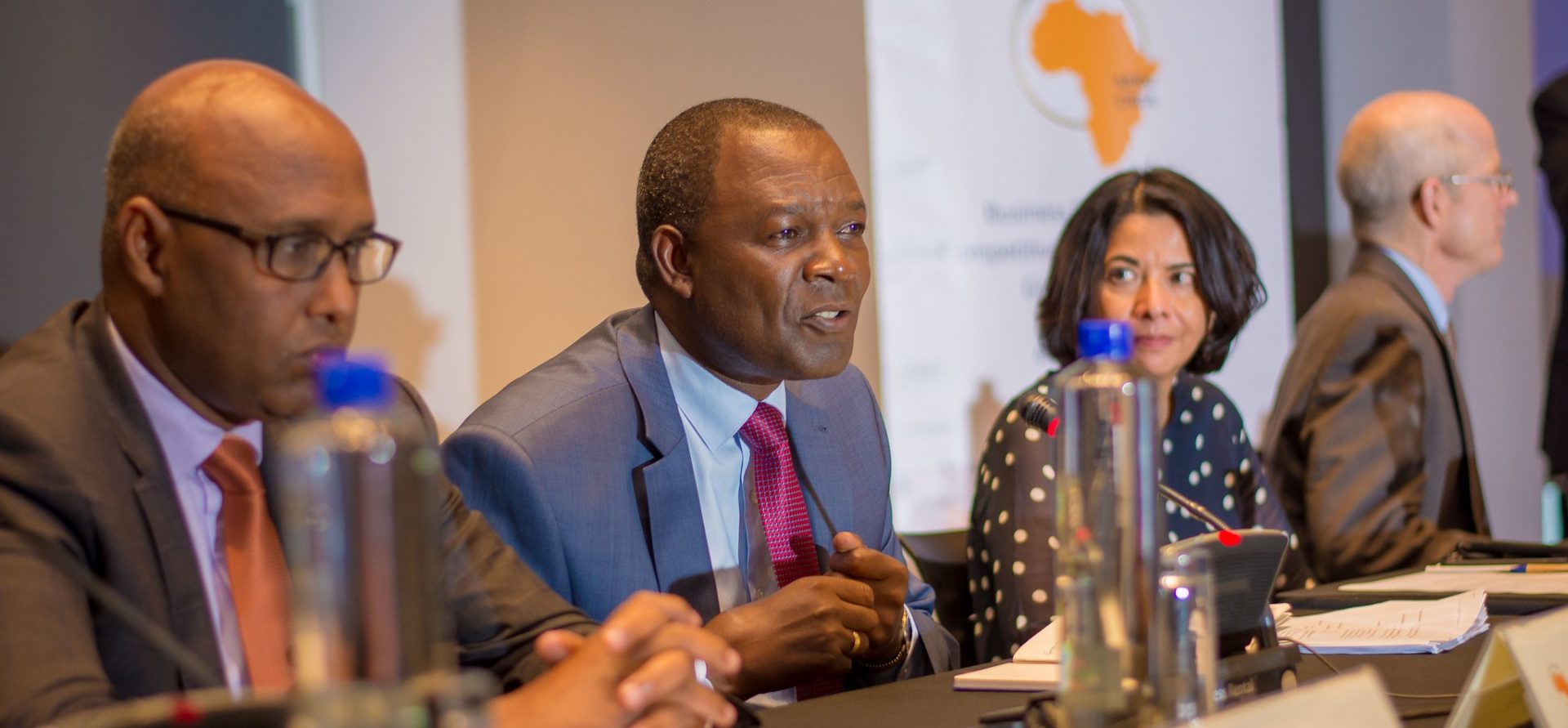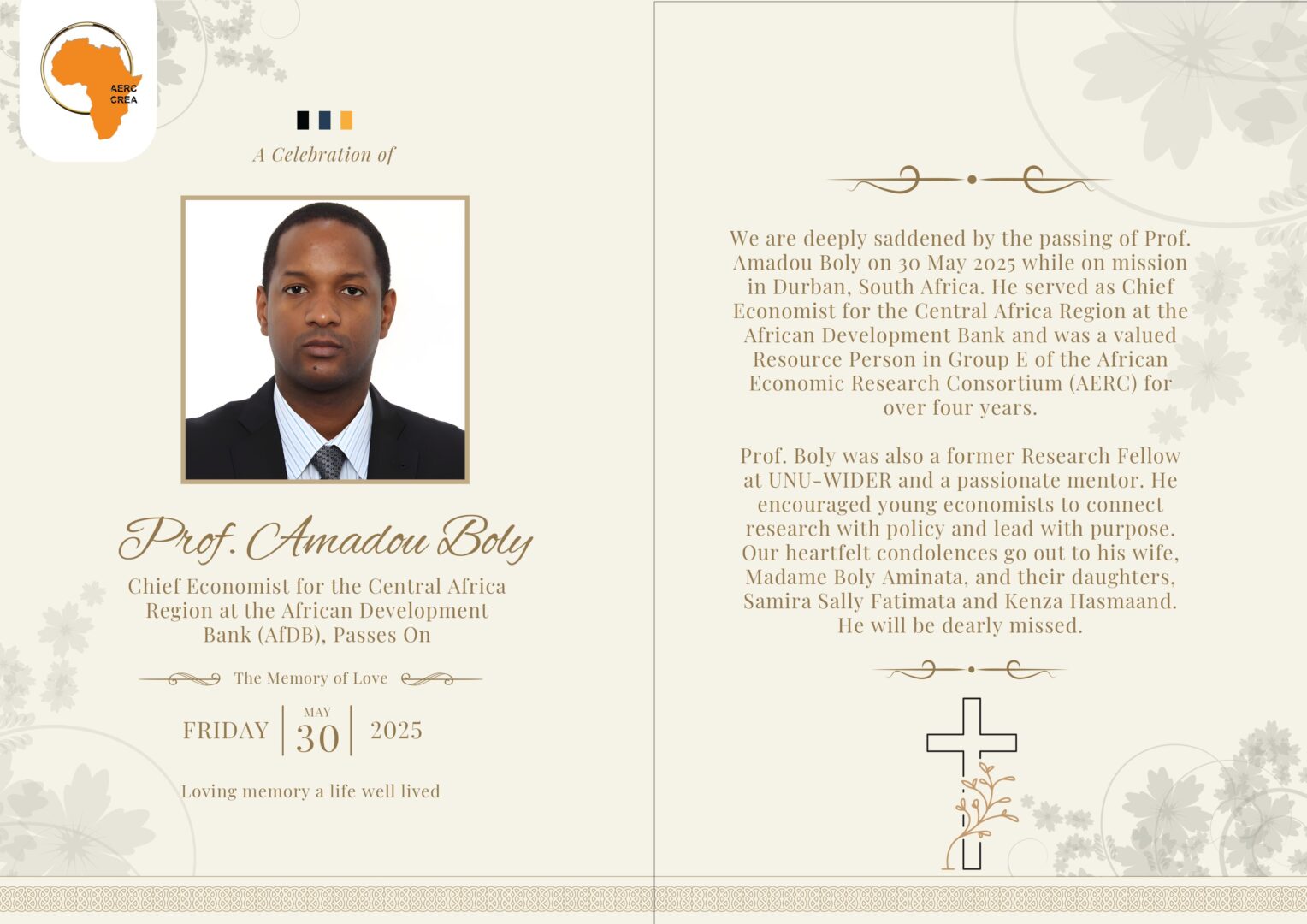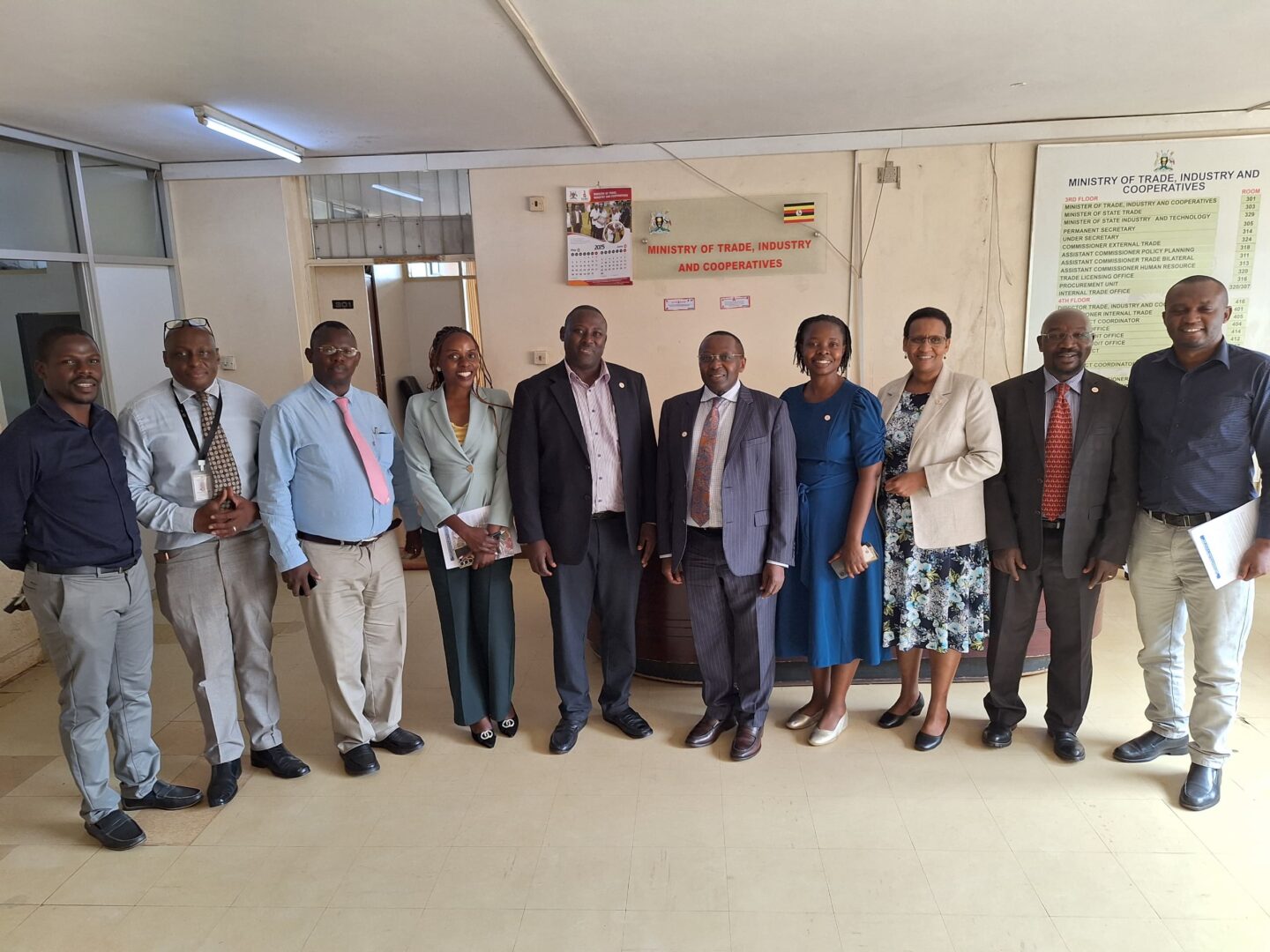

Dissemination Workshop on study, “The Challenge of Unemployment and Youth Unemployment amidst Fast Economic Growth in Ethiopia.”
March 7, 2022Ethiopia, 3rd March 2022…The Horn Economic and Social Policy Institute (HESPI) in collaboration with the African Economic Research Consortium (AERC) has hosted a dissemination workshop in Addis Ababa, Ethiopia, on the findings of a research on “The Challenge of Unemployment and Youth Unemployment amidst Fast Economic Growth in Ethiopia.” The dissemination event was chaired by Ambassador Peter Robleh, Associate Managing Director of HESPI and former Ambassador of Ethiopia to Belgium.
The workshop provided a platform for the dissemination, analysis and discussion of the research project which was commissioned by the AERC as part of the theme of “Work and Income for Young Men and Women in Africa: a political economy and social equity approach to the employment potential of specific sectors and subsectors in African economies.” This conducted in conjunction with Dutch Ministry of Foreign Affair’s Knowledge Platform on Inclusive Development (INCLUDE)- a collaborative research conducted in 9 African Countries.
The Ethiopia research project aimed to identify promising economic sectors or value chains for job creation for young men and women in the country; identify conditions needed for the local and foreign private sectors to invest in these sectors; identify the actors that are needed to create these conditions that enhance or reduce investment security; and the ways to promote equal access and opportunity for youth t, while at the same time addressing inequality related to gender, socio-economic background, and place of residence. The research was conducted by Prof. Alemayehu Geda, from Addis Ababa University, who produced a comprehensive report and a policy brief that distilled the core findings. Dr. Andualem Goshu from the UN-ECA and Dr. Messay Mekonnen from the Addis Ababa University provided expert peer reviews as discussants. Also, Prof. Geda’s presentation of the paper was discussed and commented on by participants drawn from the government policy making bodies, NGOs, CSOs and a wide spectrum of private representatives.
At the opening session of the workshop, Prof. Abebe Shimeles, Research Director of the AERC, said, “we need to question the growing economies in Africa ‘where are the jobs created and what are the potential sectors?’ Amba. Peter, Associate Managing Director of The Horn Economic and Social Policy Institute (HESPI) on his part underscored that “Growing economies should create jobs and the highly contributing sectors and sub sectors should be carefully identified; and should enjoy policy attention.
It was highlighted at the event that there is a mismatch between sources of growth and job creation in Ethiopia. The sectors with capacity to generate high growth due to demand injection are not the sectors with significant job creation potentials, and these include the industrial and the service sectors have been the major sources of economic growth in recent years. Within the service sectors, the major source of economic growth was the trade sector which is not a major sector of job-sensitivity. In Ethiopia, the health, education, and transport sectors were identified to have significant employment potential.
It was therefore recommended that critical political choices have to be made on job creating sectors and sub sectors than solely focusing on driving high economic growth without creating new jobs. The study pointed out that the agricultural sector in general and sub sectors like animal farming, cash crops, and crops such as maize, in particular, as sectors with significant potential for employment.






